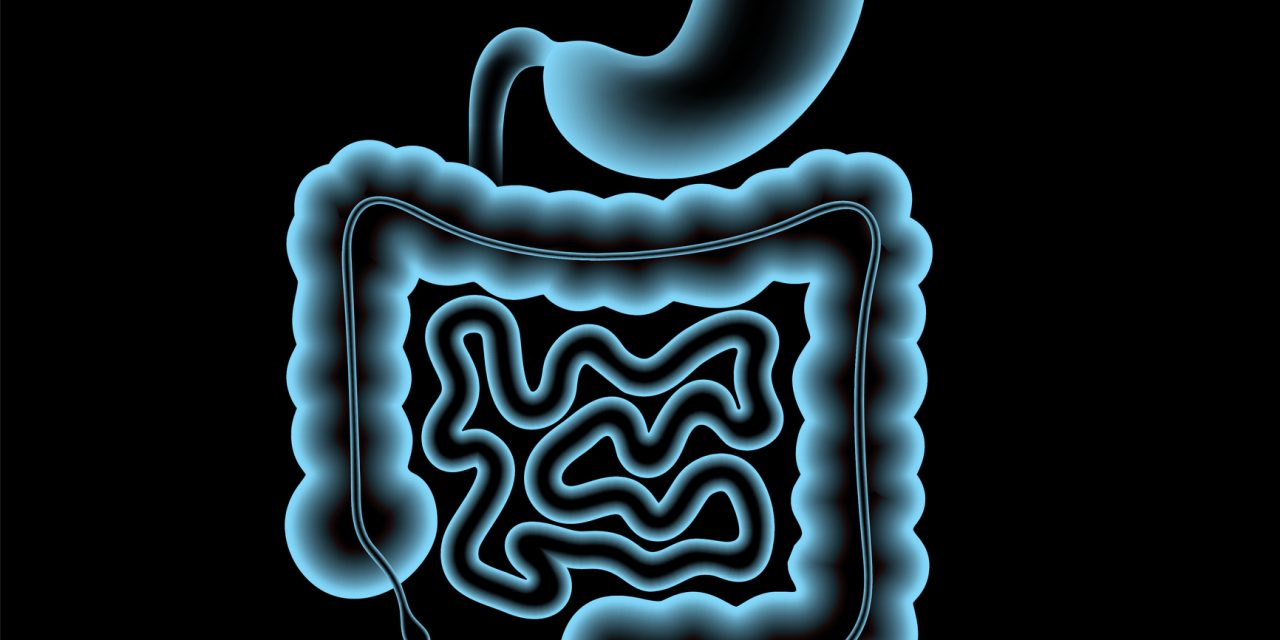The purpose of this study is to compare the effects of Holder pasteurisation (HoP) and high-pressure processing (HPP) on bacterial load and immune component retention in human milk. Human milk samples discarded for microbiological purposes by the Public Mothers’ Milk Bank were pooled and pasteurised either in a water bath or by HPP treatment. Bacterial load, lysozyme activity, and immunoglobulin, lactoferrin, lipase, and 26 cytokines levels were all measured. As a control, untreated milk samples from the same pools were used. HPP treatment of milk provides for similar bacterial eradication as HoP treatment; bacterial counts were below the detection limit in 50% of milk pools after HPP treatment, compared to 17% after HoP treatment. In 67 percent of pools, inactivation to a level below the detection limit was achieved by heating samples to 37°C prior to HPP treatment. While there was no significant difference in the amount of lipase or IgG between untreated milk and HPP-treated milk samples, HoP appears to be harmful to these variables.
When compared to untreated milk, IgM levels in HPP-4°C samples are well conserved, however this immunoglobulin level decreases in HPP-37°C and HoP samples. In comparison to untreated milk samples, lactoferrin activity is well preserved in HPP-37°C milk samples. For the treatment of human milk intended for preterm newborns, HPP is a viable alternative to HoP. Findings show that HPP treatment of human milk results in safer milk with less negative effects on biochemically and immunologically active milk components than HoP treatment.


